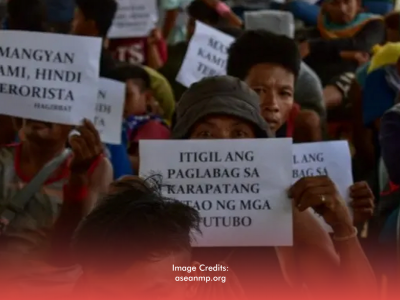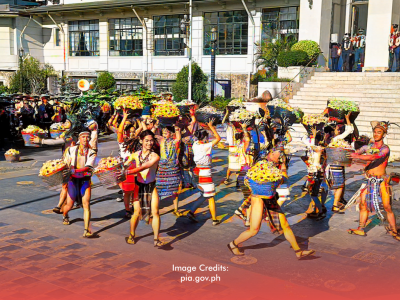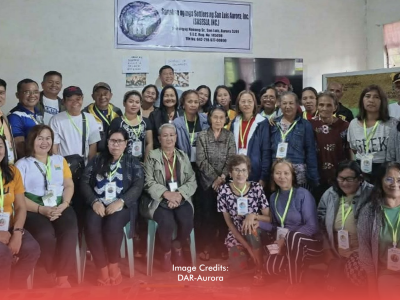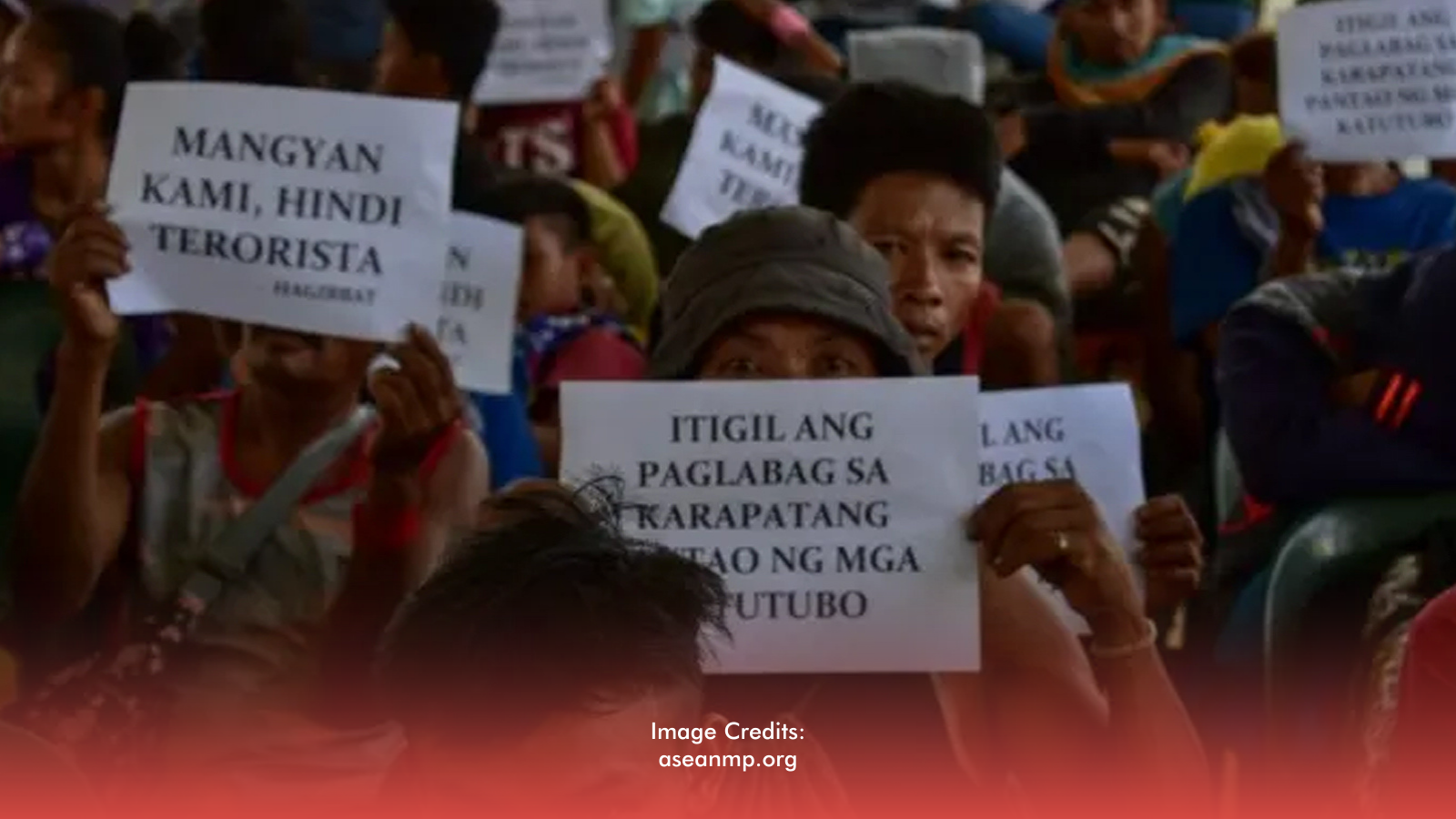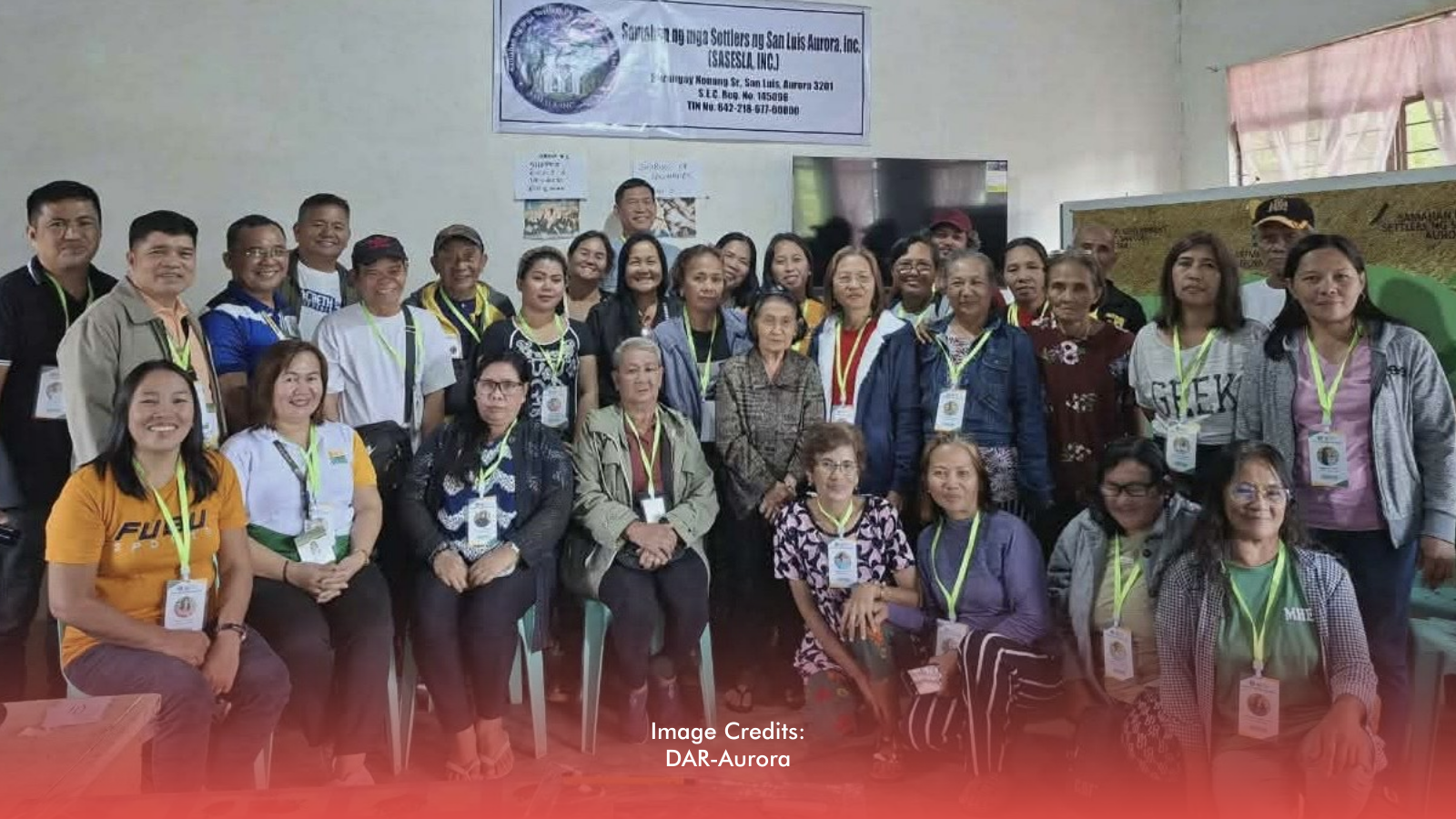The recent murder of a teacher in Las Piñas City inside her own school has sent shockwaves through the nation. The victim, whose name is withheld for privacy, was brutally stabbed 37 times by her ex-husband in front of students and colleagues. This horrific act is a grim reminder of the growing issue of domestic violence in the Philippines, which often goes unreported until it’s too late.
RELATED: [Las Piñas City Police: Paving the Way For A Crime-Free Philippines]
Breaking the Silence: Signs of Domestic Abuse
Many victims of domestic violence suffer in silence, often out of fear, shame, or a lack of resources. It’s important to recognize the red flags, which may include:
1. Unexplained injuries or frequent “accidents”.
2. Isolation from loved ones or sudden withdrawal from social activities.
3. Drastic behavioral changes, including anxiety, depression, or low self-esteem.
4. Frequent calls or texts from a controlling partner.
5. Financial control, where the abuser restricts access to money or employment.
If you suspect someone is in an abusive relationship, offer support without judgment. Listen patiently, encourage them to seek help, and provide information on local organizations that can offer assistance.
Foundations That Support Women in Vulnerable Situations
For those experiencing domestic abuse, reaching out to the right support group can be lifesaving. Here are some local organizations in the Philippines that provide assistance:
1. Gabriela Women’s Party – Provides legal support, counseling, and protection services for victims of domestic violence.
2. Philippine Commission on Women (PCW) – Offers resources and guidance on gender-based violence.
3. Lunas Collective – A community-based initiative offering online and on-ground support for survivors of gender violence.
4. Women’s Care Center, Inc. (WCCI) – Provides emergency shelter, legal assistance, and counseling services.
Preventing Another Tragedy
Domestic violence is not a private issue—it’s a societal one. It takes awareness, intervention, and collective action to prevent tragedies like the one in Las Piñas. If you or someone you know is in danger, do not hesitate to call the Philippine National Police (PNP) Women and Children Protection Desk or the DOJ’s 1343 Action Line for immediate assistance.
Let’s break the cycle of silence and stand together to protect and empower victims of domestic abuse.


